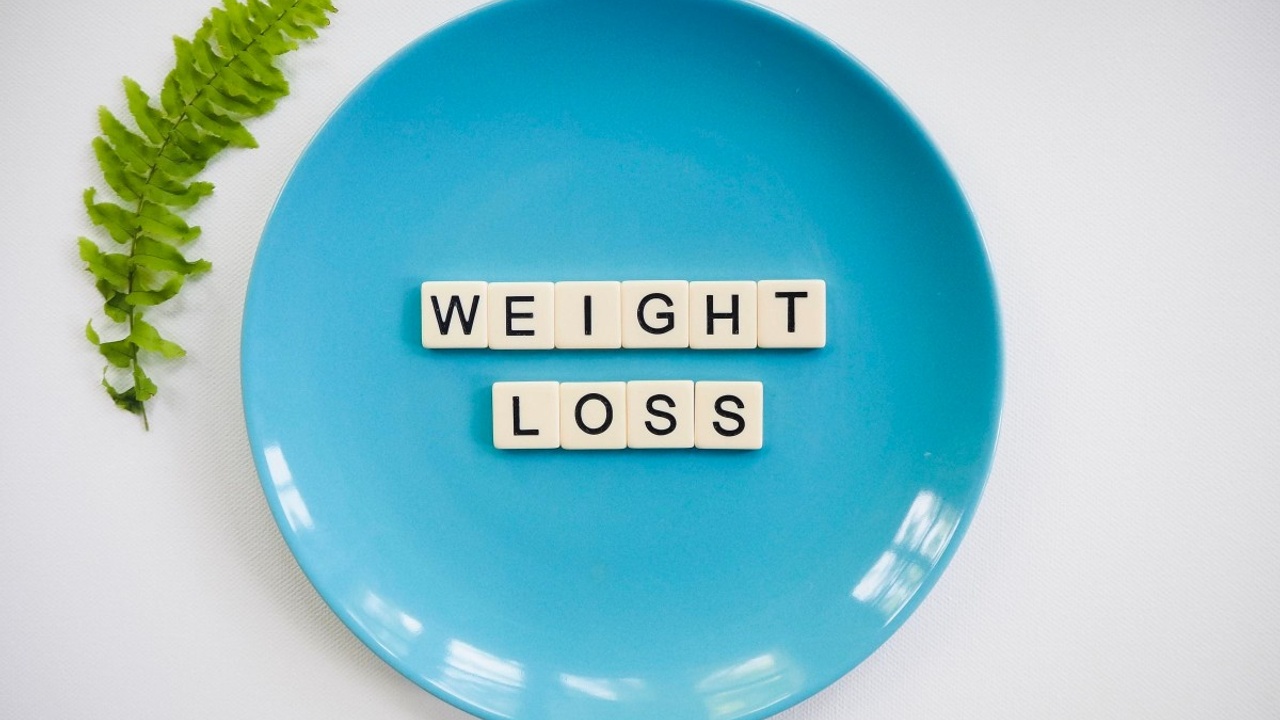[3-MINUTE BLOG] HOW LACK OF SLEEP AFFECTS YOUR WEIGHT-LOSS AND PERFORMANCE

Here is a quick background. In Why We Sleep, I spoke about the purpose of sleep. In How Lack of Sleep Impacts Your Immune System, I discussed how sleep deprivation affects your immune system, cardiovascular health and many other areas of your life.
Today I explain how your sleep deprivation impacts your weight-loss and exercise performance.
Sleep and Weight-loss
Healthy weigh-loss means that you lose your excess body fat while retaining your lean muscle mass. Your muscle mass is incredibly crucial for movement, flexibility, healthy ageing and obviously for looking toned and ripped.
One study found that people who were routinely sleeping less than 6 hours a night on a weight loss diet lost the same weight as those who slept 8.5 hours a day. But here is the caveat, the underslept group lost mostly muscle mass, whereas the well-slept group lost primarily fat.
In other words, your body will ruthlessly hold onto its fat when you are underslept.
Besides, your sleep deprivation leads to an increased risk of obesity. With a lack of sleep, your hunger hormones go wild. Leptin, the hormone that signals your satiety/fullness level after a meal, doesn’t rise as high as it should after a meal. This means even after a large meal, you’ll feel hungry and want to eat more.
But that’s not all, your ghrelin level – the hormone that signals your brain that you have had enough – continue to increase and signals to your brain that you still are hungry, despite that large meal. A double whammy on your efforts to lose weight!
The result? You tend to overeat by 200-300 calories per meal when you are sleep deprived. That’s a total of 70’000 extra calories each year, which translates into 4-5 kg of excess body fat a year. To make things even worse, your body craves more simple carbs and sugary foods (two culprits that lead to weight gain) when you are short of sleep.
It’s a vicious cycle. When you eat a diet high in processed carbs and low in fibre (such as simple carbs and sugary foods), you tend to have
- Less amounts of deep sleep,
- take longer to fall asleep, and
- awake more throughout the night.
Have you tried my Power Shake? Unlike the simple carbs and sugary food, it helps you improve all aspects of your health, bi’idnillah
In another study, people were deprived of sleep for four hours per night for just two weeks suffered a 50% reduced ability to dispose of glucose into muscle tissue. On a simple level – the glucose (from those carbs and sugary foods you consumed) stays in the bloodstream, rather than being directed to muscle.
What’s the consequence? If your doctor took a blood test, he would declare you as a pre-diabetic. In short, you are just one step closer to getting diabetes.
Sleep and Performance
If you’re getting six hours of sleep or less, your time to physical exhaustion drops by up to 30%. This means if you are 10k runner, your ability to run 10k drops to 7k!
Your lack of sleep also lowers your peak muscular strength, reduces your vertical jump height and lowers your peak running speed.
Moreover, your risk of getting injured increases too. One study showed a 60% increase in the probability of injury comparing people who get nine hours of sleep a night, to those who get five.
But that’s not all, with insufficient sleep, all of the following suffer too:
- Your motivation to exercise
- Your reaction time – six hours of sleep for one week can drop your reaction time by almost a half a second
- Your aerobic output
- The amount of force you can generate
Sleep is the best performance enhancer. So if you are concerned about your sports performance and want to lose body fat, not muscle mass, try getting at least 7 hours of sleep every night. However, if you want to obtain all the benefits of sleep for your cognitive and physical health, try getting 8 hours of sleep.
Eating and Exercising Before Bed
To get a night of deep high-quality sleep, I highly recommend you to stick to these recommendations:
Eating:
- Eat your last meal at least 2 hours before your bedtime, ideally 3 hours.
- Avoid eating simple carbs (foods that consist of high amounts of white flour, sugar) too close to bedtime as they raise your core body temperature. To fall asleep, your body needs to drop the core body temperature by 1-degree Celsius (or 2-3 degrees Fahrenheit)
- As a rule of thumb, don’t go to bed too full or too hungry. If you need to eat/snack before bed, lean more towards higher protein meals/snack and away from simple sugars
Exercise:
- Exercising too close to bedtime raises your core body temperature and can hinder sleep. Make sure to finish your workouts at least 2 hours before your bedtime.
- Exercise is excellent for your health, and doing it in the morning hours is even better for your health and sleep. In When is the Best Time to Workout, I discuss this in more detail.
Discover Life-Changing Insights with Our Exclusive Emails
Twice a week, get the tools you need to evolve from who you are into who you aspire to be!
We hate SPAM. We will never sell your information, for any reason.

